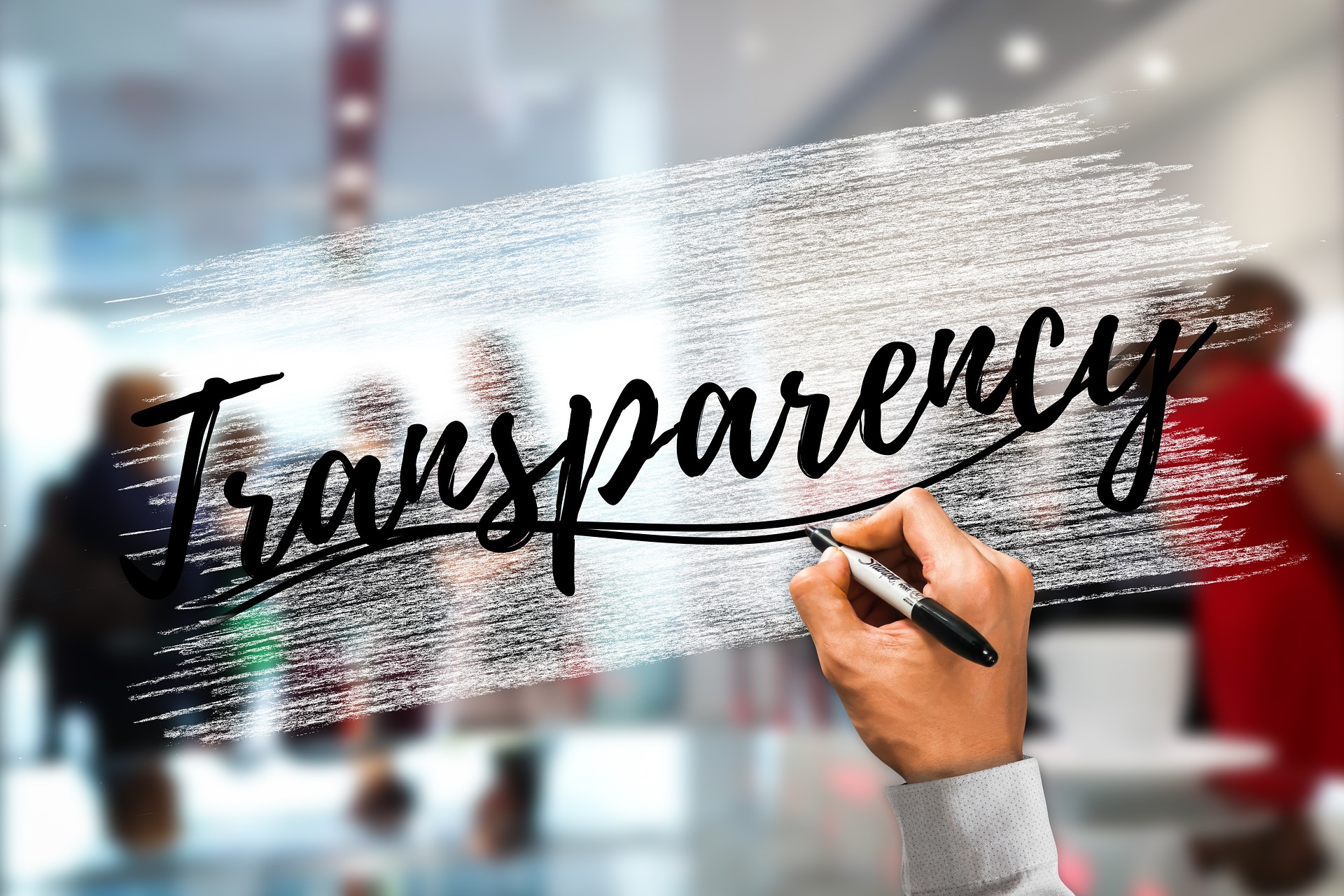"Deciphering the Implications of the Citizens United Ruling"
Introduction: The Citizens United v. Federal Election Commission ruling remains a contentious topic within the legal landscape. This article delves into the backdrop of this Supreme Court decision, its impact on election financing, and the subsequent changes it has provoked in the political ecosystem.

Setting the Stage: The Historical Context
The story of Citizens United ruling started with a non-profit corporation, Citizens United, seeking to air a film critical of a political candidate. The Bipartisan Campaign Reform Act (BCRA) of 2002, also known as the McCain-Feingold Act, prohibited the broadcast of “electioneering communications” by corporations or labor unions close to an election. The Supreme Court’s decision in 2010 overturned this provision, marking a significant shift in the legal understanding of corporate speech rights.
The Ruling: An Overview
In a 5-4 decision, the Supreme Court ruled that corporations have a First Amendment right to expressly support political candidates for Congress and the White House. The majority opinion, delivered by Justice Anthony Kennedy, held that the government may not suppress political speech based on the speaker’s corporate identity. This decision effectively dismantled several decades of campaign finance regulations.
The Immediate Aftermath: Policy Changes and Legal Updates
The Citizens United decision led to a surge in corporate and union spending in elections, a trend facilitated by the emergence of super PACs (Political Action Committees). Super PACs can raise unlimited funds from corporations, unions, and individuals, spending this money to advocate for or against political candidates. This development has transformed the landscape of campaign financing in the United States.
The Broader Implications: Society and Democracy
The impact of the Citizens United decision extends beyond the realm of campaign financing. Critics argue that it has amplified the voices of corporations and wealthy individuals at the expense of the average voter. Others contend that it has opened the floodgates for foreign influence in U.S. elections. However, proponents maintain that the ruling has protected free speech rights, allowing for a more diverse range of political voices to be heard.
Looking Ahead: The Future of Election Financing
The debate surrounding the Citizens United ruling continues to reverberate through the legal and political spheres. Some advocates are pushing for a constitutional amendment to overturn the decision, while others are exploring legislation to impose stricter disclosure requirements on campaign contributions. The future trajectory of election financing will hinge on these ongoing discussions and legal battles.
In conclusion, the Citizens United ruling has significantly influenced the U.S. political landscape, stirring ongoing debates about the role of money in politics and the nature of free speech. By understanding the origins, implications, and potential future of this landmark decision, we can better navigate the complexities of our democratic processes.





